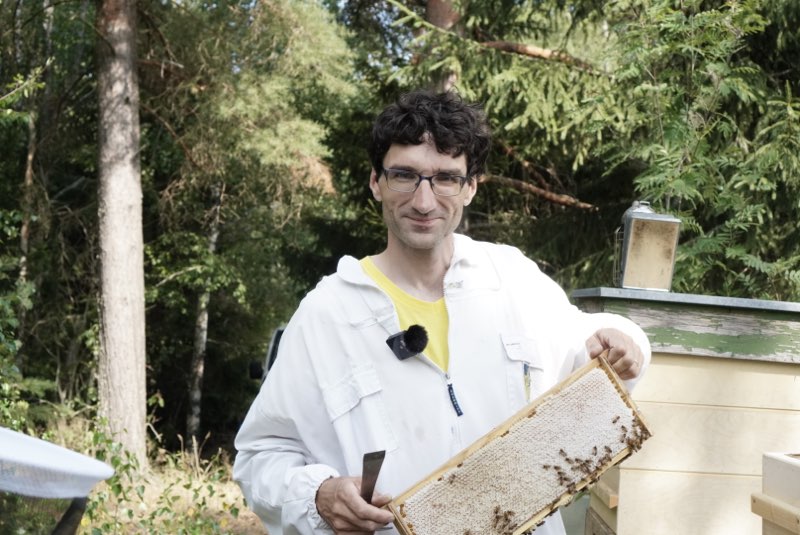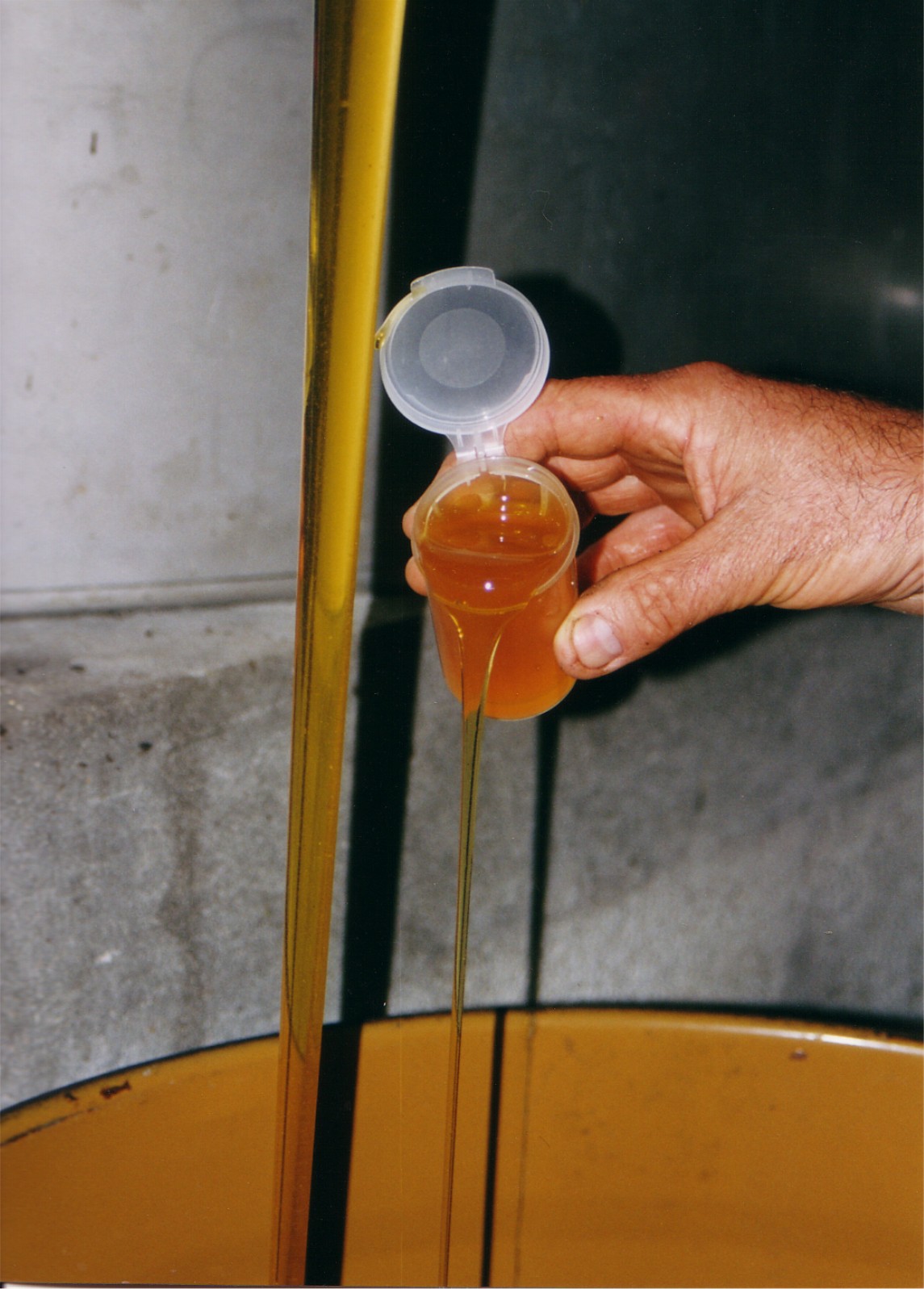Hello!
I am beekeeper Stan Jas and I run an organically certified beekeeping operation in Finland.
Our family-own company’s name is Nordic EkoBee.
On these webpages, you can find information about our vision, philosophy, actions and products pertaining to sustainable beekeeping.
WELCOME to the site.

Our sustainability principles:
The following principles of sustainable beekeeping are based on life-long practical experience and the experience of other like-minded beekeepers in Europe and Northern America. Our family’s beekeeping operation is organically-certified. However, any beekeeping can be sustainable as certification is not a prerequisite for being sustainable.
1) We avoid feeding our bees with any sugar, protein sources or anything else, which is not collected directly by bees from the environment of a bee nest. If our honeybee colonies need feeding as a matter of urgency, they are given their natural food, which is honey and pollen stored in natural combs.
2) While harvesting honey for human consumption, we are always making sure to leave enough honey for the colony to have enough provisions at all times and especially for the long and cold Finnish winter.
3) We do not treat our bees with any products. Rather we encourage bees to become resistant and immune by promoting their natural defense mechanisms.
4) We use natural materials with low environmental impact for the construction of hives and in our beekeeping practice. We evaluate our company’s environmental impact regularly and seek to improve it continuously.
5) We disturb the bee colony as little as possible. We respect their welfare by letting the colony grow according to their needs, not restricting even swarming.
6) Swarming is a natural means for a honeybee colony to propagate itself. Rather than actively preventing swarming by human intervention such as removing queen cells, we collect swarms and encourage the preservation of natural habitat for them in the Finnish nature.

Philosophy:
A sustainable beekeeper contributes actively to the preservation or enhancement of biodiversity around him, depending on how rich the biodiversity already is. This also means that the beekeeper takes into account the availability of resources in the environment for insect pollinators and adjusts the number of managed bee colonies accordingly.